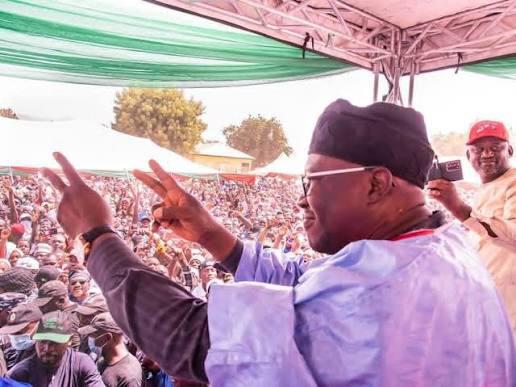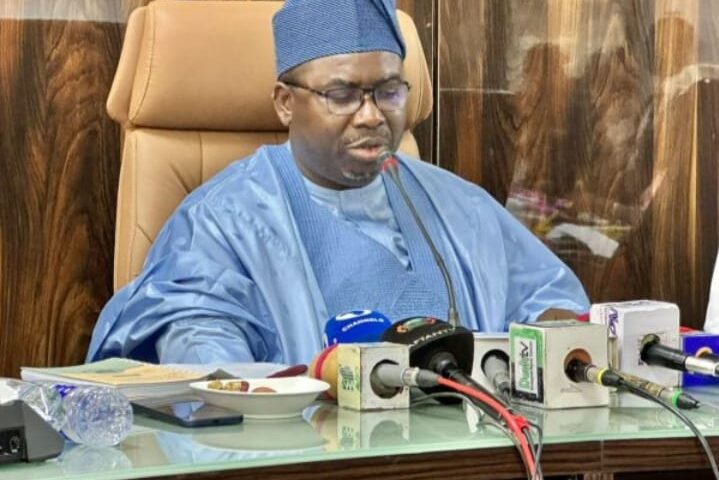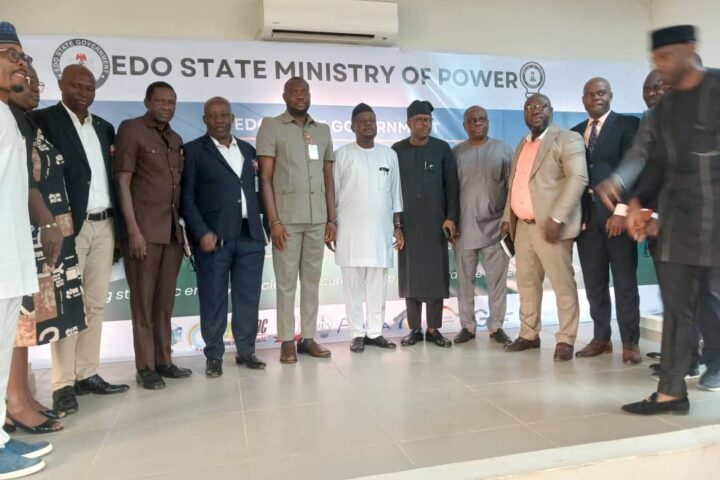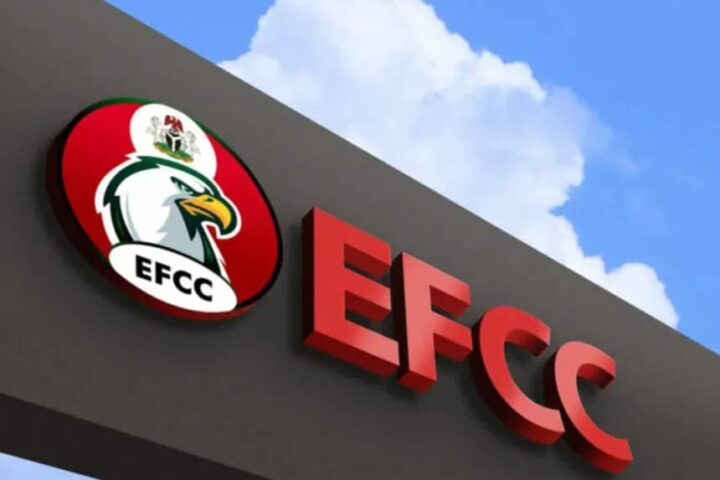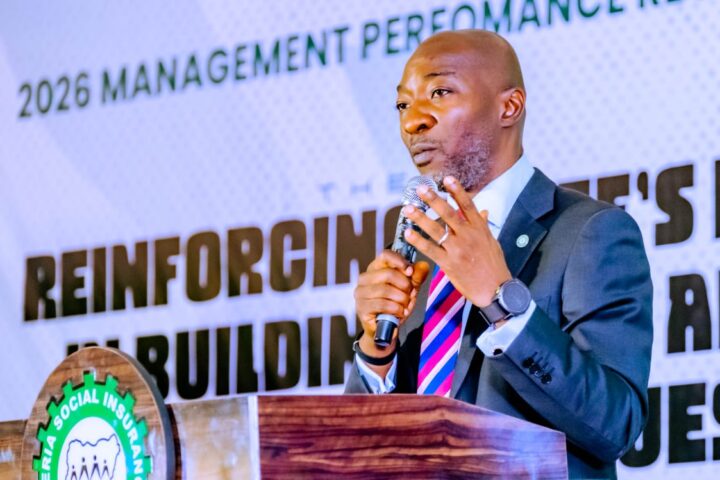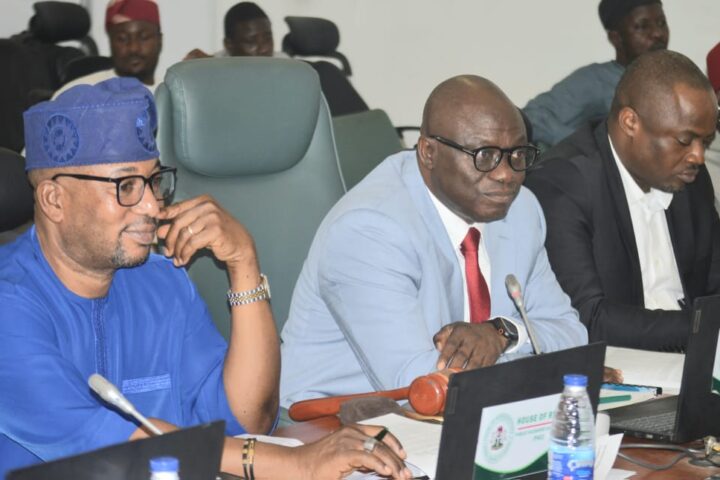By Kunle Odusola-Stevenson
A remarkable alignment is taking shape within Nigeria’s gas industry — one that carries the promise to redefine not just the country’s energy future, but its global stature.
The recent appointments of Rt. Hon. Ekperikpe Ekpo, Dr. Philip Mshelbila, Mr. Bayo Ojulari, and Mr. Akachukwu Nwokedi represent a rare confluence of leadership across national, continental, and international energy platforms.
At the global level, Dr. Philip Mshelbila, Managing Director of NLNG, now serves as Secretary-General of the Gas Exporting Countries Forum (GECF) — placing Nigeria at the heart of global gas diplomacy. Simultaneously, Hon. Ekperikpe Ekpo, Minister of State for Petroleum Resources (Gas), has been elected President of the 2026 GECF Ministerial Meeting, further cementing the nation’s influence in shaping international energy policy.
At home, Mr. Bayo Ojulari, newly appointed Group Chief Executive Officer of NNPC Ltd., embodies the commercial and operational depth needed to drive gas monetization, expand infrastructure, and advance the company’s global competitiveness.
Completing this alignment, Mr. Akachukwu Nwokedi, President of the Nigerian Gas Association (NGA), has been appointed Africa Regional Coordinator of the International Gas Union (IGU), ensuring that Africa’s voice is heard and respected in the global energy transition dialogue.
These developments, individually and collectively, present an unprecedented opportunity for the administration of President Bola Ahmed Tinubu, GCFR.
The Tinubu government is exceptionally fortunate to preside over this convergence of capable leadership within one of Nigeria’s most strategic economic sectors. If maximized, this moment carries immense public relations and diplomatic capital — a chance to rebrand Nigeria as a nation of substance, strategy, and leadership maturity.
This is not just a story of appointments. It is the emergence of a powerful narrative — that gas is Nigeria’s bridge to sustainable development, a tool for industrialization, energy security, and climate responsibility.
From NNPC Ltd. to NLNG, from the GECF to the IGU, and through the advocacy of the Nigerian Gas Association, a unified message now resonates: that Africa’s development is inseparable from energy justice, and that Nigeria stands ready to lead that charge.
With the right coordination, communication, and strategic follow-through, this alignment could become the defining legacy of Nigeria’s gas era — and one of the brightest chapters in President Tinubu’s pursuit of national renewal.



